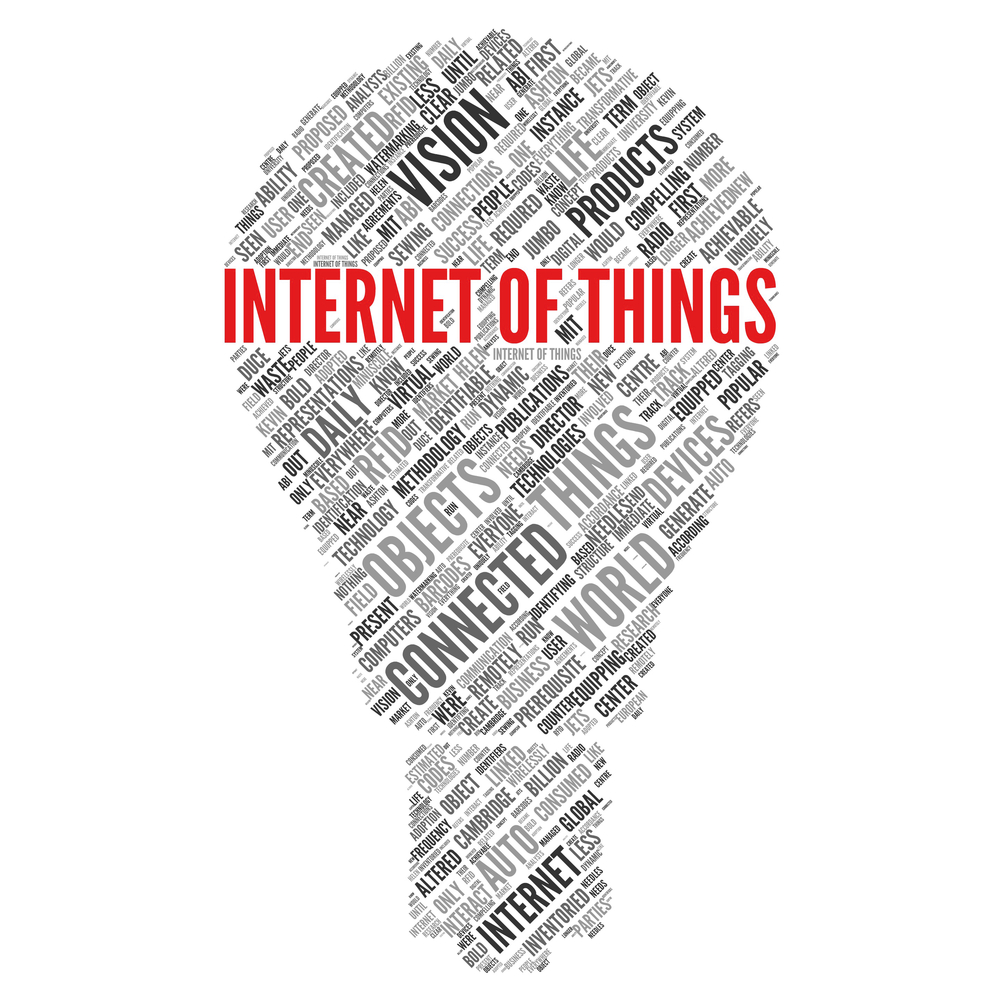From cars that provide Wi-Fi and read text messages aloud to smart thermometers and sensor-driven devices that help individuals better implement a healthy lifestyle, the world ablaze and singing the promises of the Internet of Things (IoT). With so many devices syncing together across various technologies and platforms, there is now a greater need than ever for standards and frameworks that help the world manage the rivers of data flowing from individual people and objects. Never before has open source technology and open standards been more necessary to speed innovation, fuel interoperability, drive global development and fuel market adoption of new technology.
According to Ian Skerret, VP of Marketing for the Eclipse Foundation, “If you look at the Internet today, it’s run on open source. Linux, Apache and open standards like HTTP are the building blocks. If we’re really going to get an Internet of Things, we need a set of core building blocks that anyone can use to develop commercial or internal solutions.”
Eclipse IoT, a community founded by the Eclipse Foundation, is dedicated to developing establish and open source IoT/M2M development platform that can be used by anyone. Developing solutions and labels related to IoT is challenging because the of the pervasive and ever changing nature of IoT. Eclipse IoT often uses the “IoT/M2M” nomenclature because machine-to-machine communication represents an origination point for the concept of IoT.
“To put together an IoT solution today, you need people who understand gateways and networks, but also enterprise systems, data analytics, integration with ERP or CRM systems,” Skerret told John K. Waters of the WatersWorks blog, “There’s some daunting complexity here, but we know that when you create frameworks and abstraction levels in software, it becomes much easier to put together these types of solutions.”
Currently, Eclipse IoT is working on 15 projects dedicated to making the IoT simpler. One project is the Paho Project, which provides scalable, open-source client implementations of open and standard messaging protocols aimed at new, existing, and emerging applications for M2m and IoT. Another project is their community-driven SmartHome project, which provides a flexible framework for the Smart Home. Eclipse SCADA is already being used 24/7 in several installations around the world as a set of tools that can be combined in many different ways. It provides development libraries, interface applications, mass configuration tools, front-end and back-end applications.
The Eclipse IoT leadership have not yet formally endorsed the OpenStand Principles. However, it’s clear these principles are at work in fueling a spirit of open innovation, as Eclipse IoT’s helps create open and accessible building blocks for the future.

